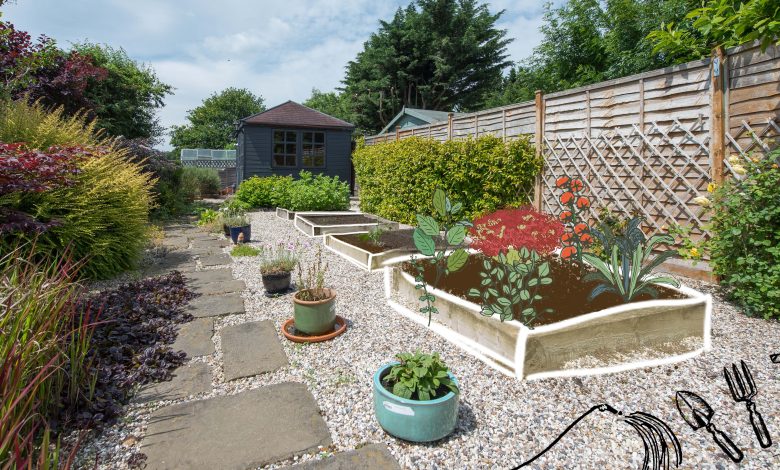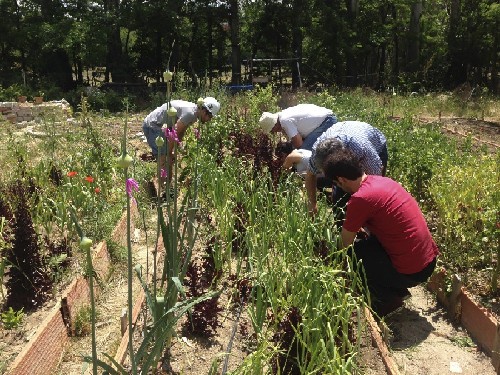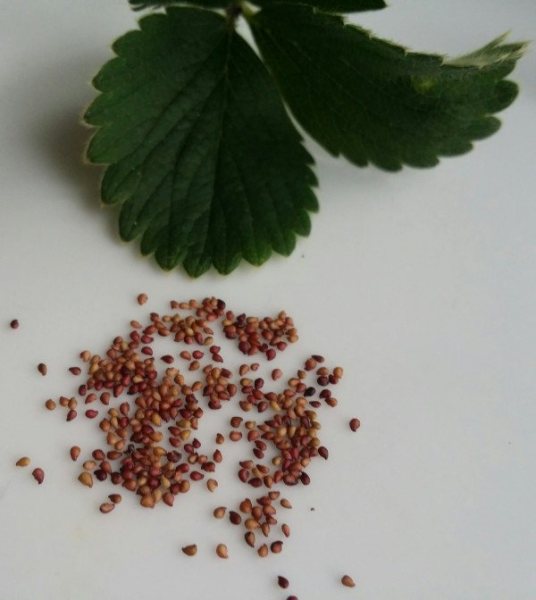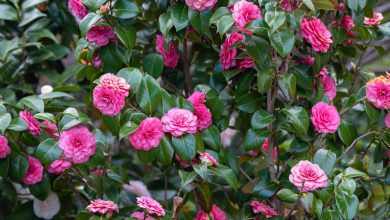8 Common mistakes in the urban garden: Take note of all

Hi Farmers! Have you ever commented that your plants do not grow as they should, or that they do not bear good fruit and may even die. One of the things that can happen is that your care has not been carried out correctly, there are a series of common mistakes that especially occur when you are beginners.

8 common mistakes in the garden
Here I explain 8 common mistakes that especially beginners can make.
1. Choosing or misusing the substrate
Many times, for various reasons, we buy a substrate that is not suitable for our plant, since it is usually a type of universal substrate, which is a standard. Therefore, before buying it or doing it ourselves, we must know well what needs or peculiarities the plant needs, in terms of the type of roots that it is going to develop, the pH that it needs… To have an idea, the ideal substrate must have the following characteristics: light, with a pH between 6-7, high porosity and high in nutrients.
2.- Not following the planting calendar
This is one of the common mistakes that is repeated the most: not following the sowing calendars, and it is really important, since they indicate the optimal moment for sowing in different places, so that in the long term it favors the growth of the plant, since follows its natural cycle. Also following this calendar will inform you if it is better to sow the seeds directly in the ground or germinate them in a seedbed.
3. Planting wrong
Planting correctly is one of the most important points when starting to cultivate. For example, if it is done directly in the ground, it is not convenient to bury the seed too much or to join them together too much.

Although we always have to keep in mind that there will be abortions in any species, so if it is a species that is difficult to germinate, it is always advisable to do it in a seedbed and then transplant.
4. Excess fertilizers
You have to fertilize the land, but to the extent necessary, based on the needs of the plant in terms of nutrients, and the substrate in which it is. An excessive fertilization is always worse than a scarce one, since our plant can take a very short time to die. It is also necessary to take into account how many times and with how much water it is irrigated, since the water washes the minerals or nutrients, and an ecological fertilizer is always recommended.
5. Overwatering
It is important to find out in advance about the needs of the plant, as well as the substrate it has and take into account the climate it is in. Depending on the species, the number of irrigation times will vary as well as how many days a week; it is appropriate to always water at dawn or dusk, especially in summer, so that the water does not evaporate immediately. The pot should not be flooded, this usually happens when we go on vacation, but it is a big mistake, since roots run out of oxygen quickly; To avoid this you can put a drip irrigation system.
6. Excess or lack of sunlight
Plants need certain hours of both light and darkness for their correct development. To avoid both the problem and the other, it is enough to find out about the photoperiod of the plant, that is, the average number of hours of light it needs, in this way, it is left in a sunny area and removed once it has covered them. You do not have to be strictly rigorous with this, since it can take a couple of hours more a day and in principle nothing bad should happen to the plant.
7. Poor prevention against pests and diseases
It is always convenient and necessary to prevent in the garden, and especially if it can be done in an ecological way, so as not to damage both the plant and the environment. It is advisable to carry out treatments with ecological fungicides, especially after times of heavy rain. Also with ecological insecticides, especially in a preventive way, both if the plague has already been had and if the area in which the plant is located is prone to pests appearing.

8. Do not prune
It is necessary to remove the leaves, which are dry or which interfere with the normal development of the plant; If this practice is not carried out, the development of diseases, especially fungal ones, is favored, since the plant would not be well aerated. And also, it would not capture sunlight equally in all its areas, which can lead to problems in its development. Pruning is also very important to increase production.
Agrohuerters, these are the common mistakes that are repeated the most and you already know that all of them are very easy to correct. Always keep in mind that excesses are worse than defects, because they are more difficult to fix, so avoid them as much as you can and enjoy your garden! Until next time.

![Photo of Lavender Cuttings in Spring: [Grafts, Time, Rooting and Planting]](https://www.complete-gardening.com/wp-content/uploads/2022/08/lavender-cuttings-in-spring-grafts-time-rooting-and-planting-390x220.jpg)

![Photo of Maritime Cineraria: [Characteristics, Care, Planting, Pruning and Problems]](https://www.complete-gardening.com/wp-content/uploads/2022/08/maritime-cineraria-characteristics-care-planting-pruning-and-problems-390x220.jpg)
